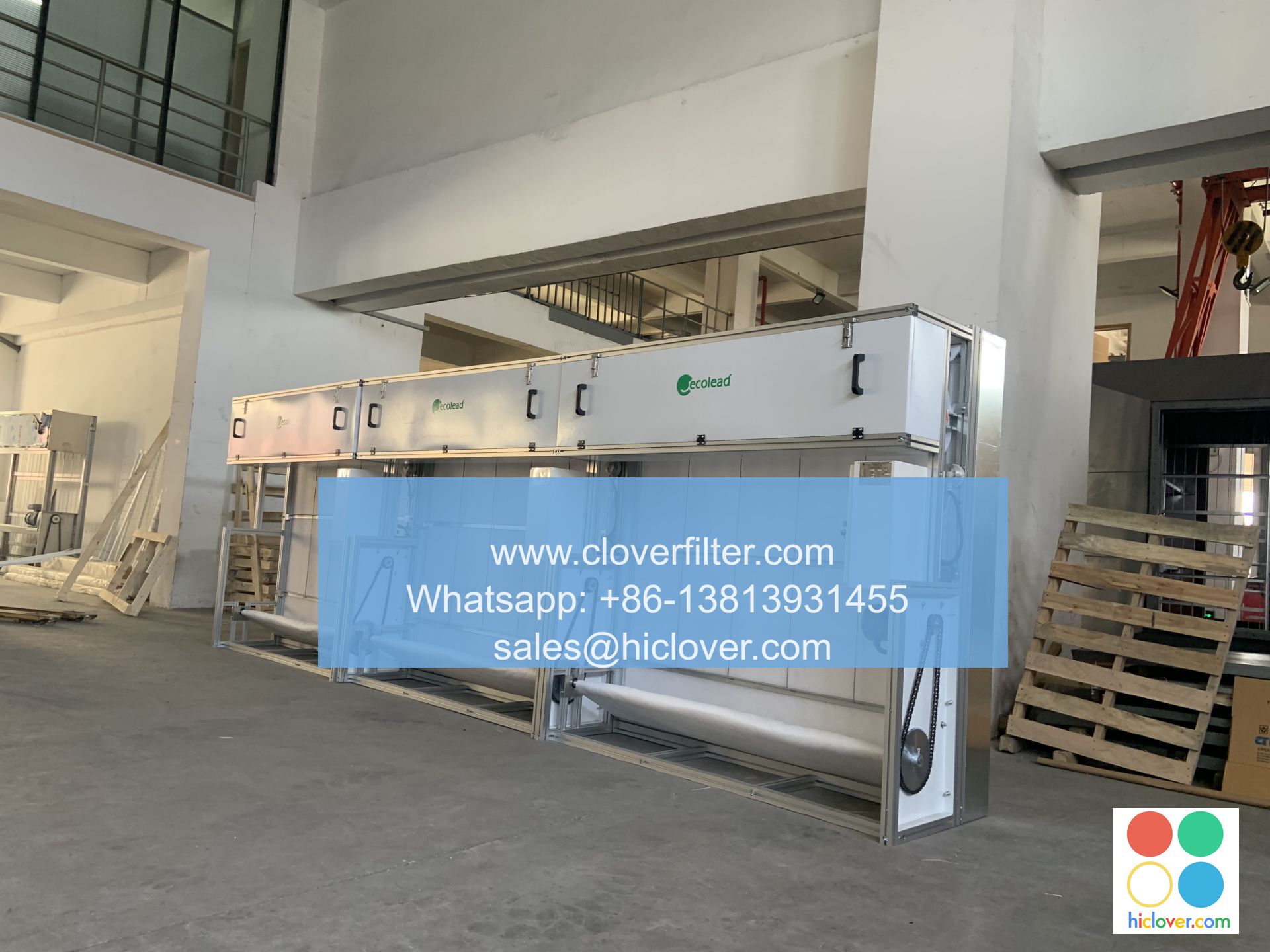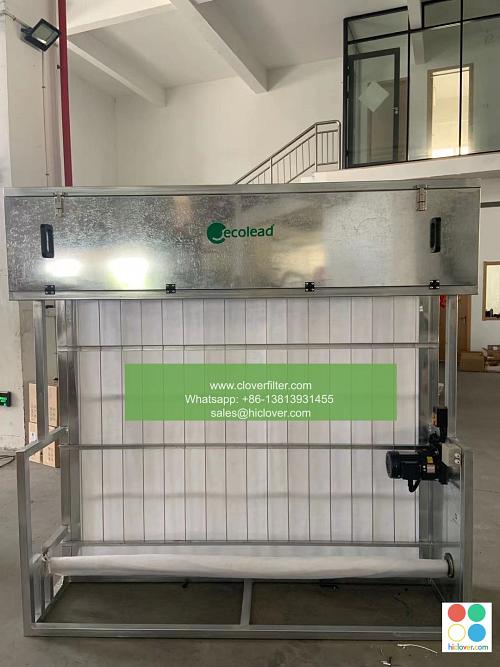10 Air Filter Manufacturing Trends to Watch in [Current Year]

As the world grapples with the challenges of air pollution, climate change, and public health, the demand for high-quality air filters has never been more pressing. The air filter manufacturing industry is responding to these challenges by innovating and evolving to meet the needs of various application areas, including industrial air filtration, commercial HVAC systems, and residential air purification. Here are 10 air filter manufacturing trends to watch in 2023:
1. Increased Adoption of Nanofiber Technology
The use of nanofiber technology in air filter manufacturing is on the rise, offering improved filtration efficiency and increased durability. Nanofibers have a larger surface area, allowing them to capture smaller particles and pollutants, making them ideal for applications such as pharmaceutical cleanrooms and hospital air filtration systems.
2. Growing Demand for Sustainable Air Filters
As consumers become more environmentally conscious, the demand for eco-friendly air filters is increasing. Manufacturers are responding by developing air filters made from recyclable materials, biodegradable materials, and reusable air filter frames. This trend is expected to drive growth in the residential air filter market and commercial air filtration industry.
3. Advancements in Smart Air Filter Technology
The integration of Internet of Things (IoT) technology and artificial intelligence (AI) in air filter manufacturing is transforming the industry. Smart air filters can monitor air quality, detect filter replacement needs, and optimize filtration performance, making them ideal for industrial automation and smart buildings.
4. Rising Importance of Antimicrobial Air Filters
The COVID-19 pandemic has highlighted the need for antimicrobial air filters that can capture and kill bacteria, viruses, and other microorganisms. Manufacturers are developing air filters with antimicrobial coatings and biocidal materials to meet this demand, particularly in healthcare facilities and public transportation systems.
5. Expansion of HEPA Filter Technology
High-Efficiency Particulate Air (HEPA) filters are becoming increasingly popular in various application areas, including industrial air filtration, commercial HVAC systems, and residential air purification. Manufacturers are developing high-capacity HEPA filters and compact HEPA filters to meet the growing demand for high-efficiency air filtration.
6. Increased Focus on Indoor Air Quality (IAQ) Monitoring
The importance of indoor air quality monitoring is gaining recognition, driving the demand for air filters that can monitor and report on IAQ parameters such as particulate matter (PM), volatile organic compounds (VOCs), and carbon dioxide (CO2). Manufacturers are developing air filters with integrated sensors and data analytics capabilities to meet this need.
7. Growing Demand for Customized Air Filters
The need for customized air filters is increasing, particularly in industrial air filtration and commercial HVAC systems. Manufacturers are offering bespoke air filter solutions that cater to specific application requirements, such as high-temperature air filtration and high-humidity air filtration.
8. Advancements in Membrane Air Filter Technology
Membrane air filter technology is evolving, offering improved filtration efficiency and increased durability. Manufacturers are developing nanoporous membranes and ultrafiltration membranes for applications such as water treatment and biotechnology.
9. Rising Importance of Air Filter Certification and Standards
The importance of air filter certification and standards is growing, with manufacturers seeking to comply with industry standards such as ASHRAE and ISO. This trend is driving the demand for third-party testing and certification of air filters, particularly in industrial air filtration and commercial HVAC systems.
10. Increased Adoption of 3D Printing Technology
The use of 3D printing technology in air filter manufacturing is on the rise, offering improved design flexibility and reduced production costs. Manufacturers are developing customized air filter frames and complex air filter geometries using 3D printing technology, particularly in industrial air filtration and aerospace applications.
In conclusion, the air filter manufacturing industry is evolving rapidly, driven by the need for high-quality air filtration, sustainable products, and advanced technologies. As the industry continues to innovate and adapt to changing demands, we can expect to see significant growth and advancements in various application areas, including industrial air filtration, commercial HVAC systems, and residential air purification. It seems like you forgot to include a prompt. Please go ahead and provide one, and I’ll be happy to help!

